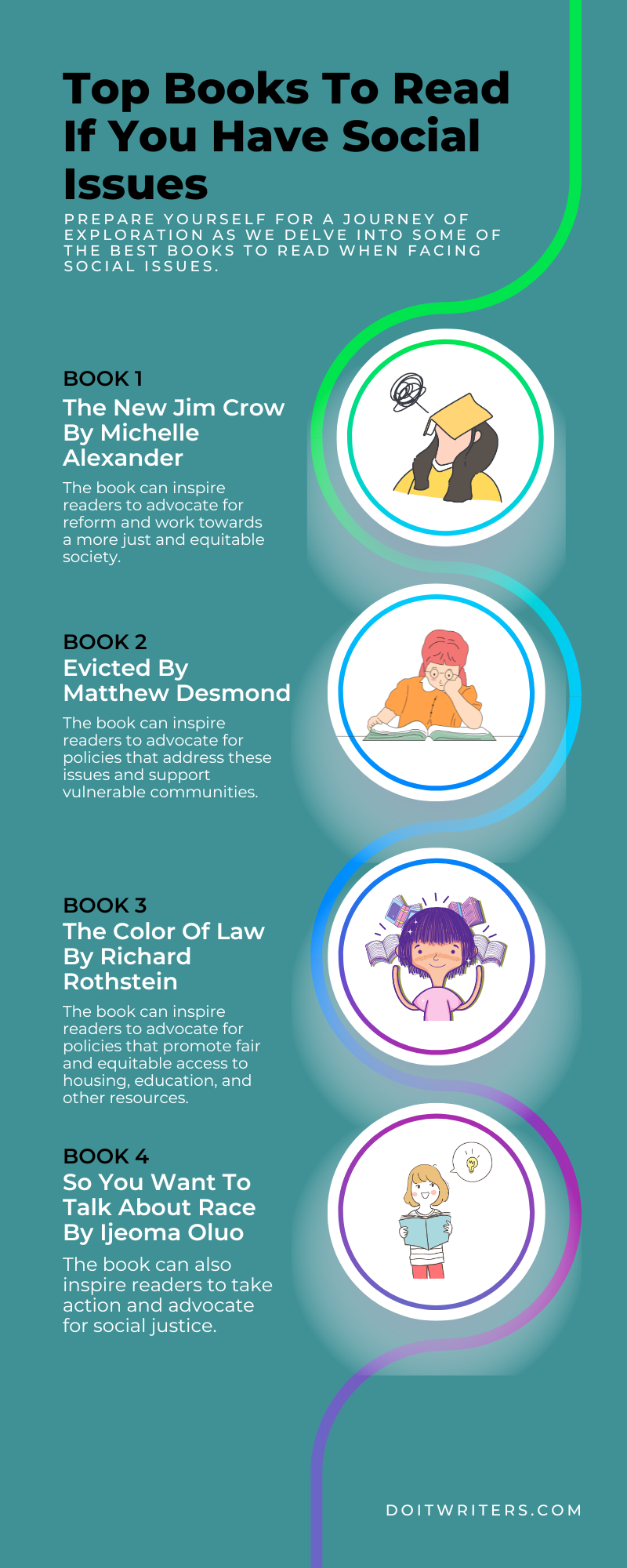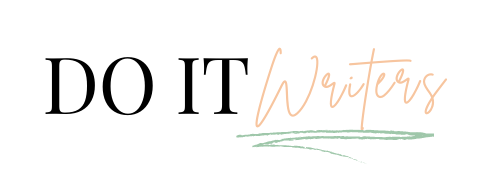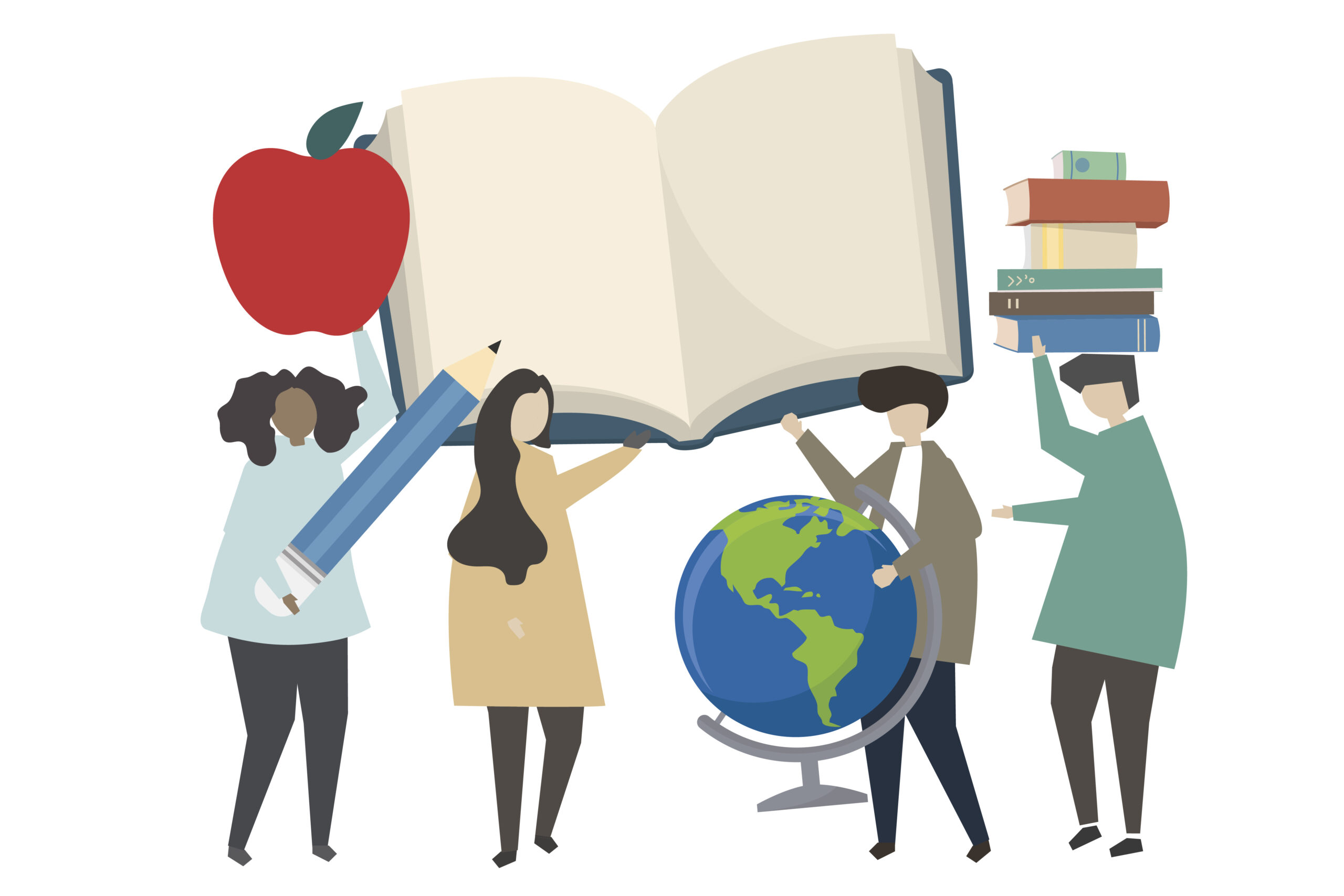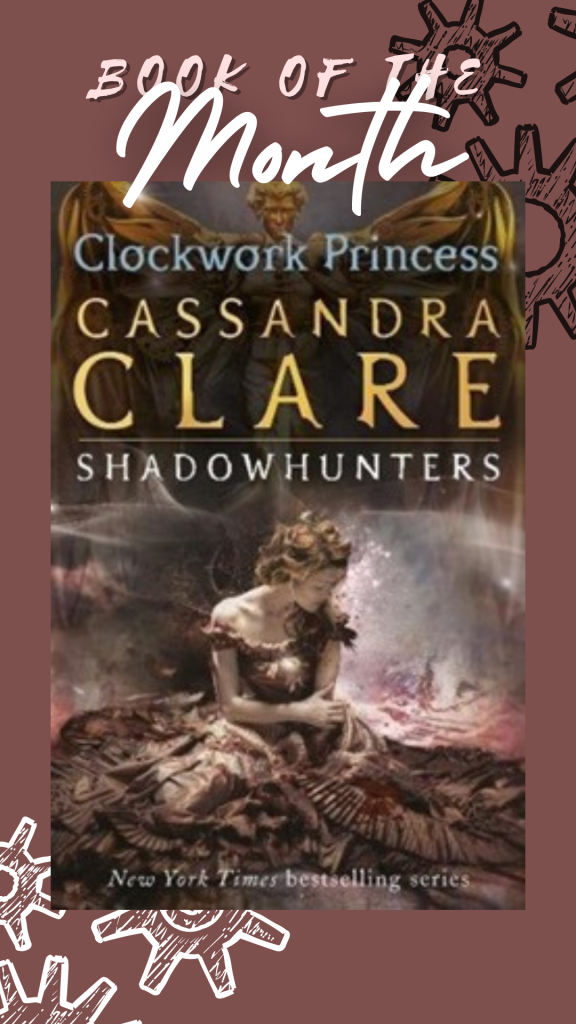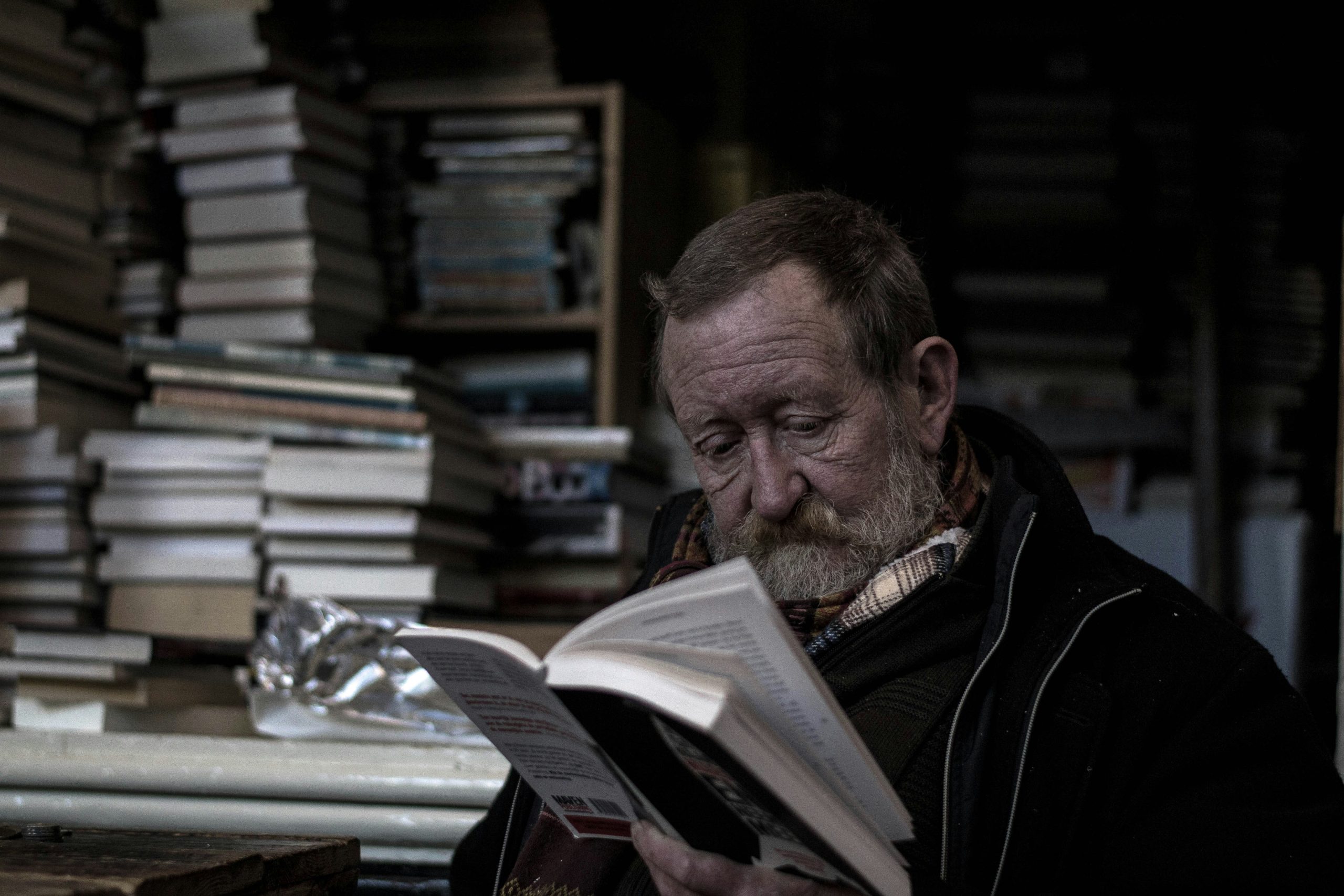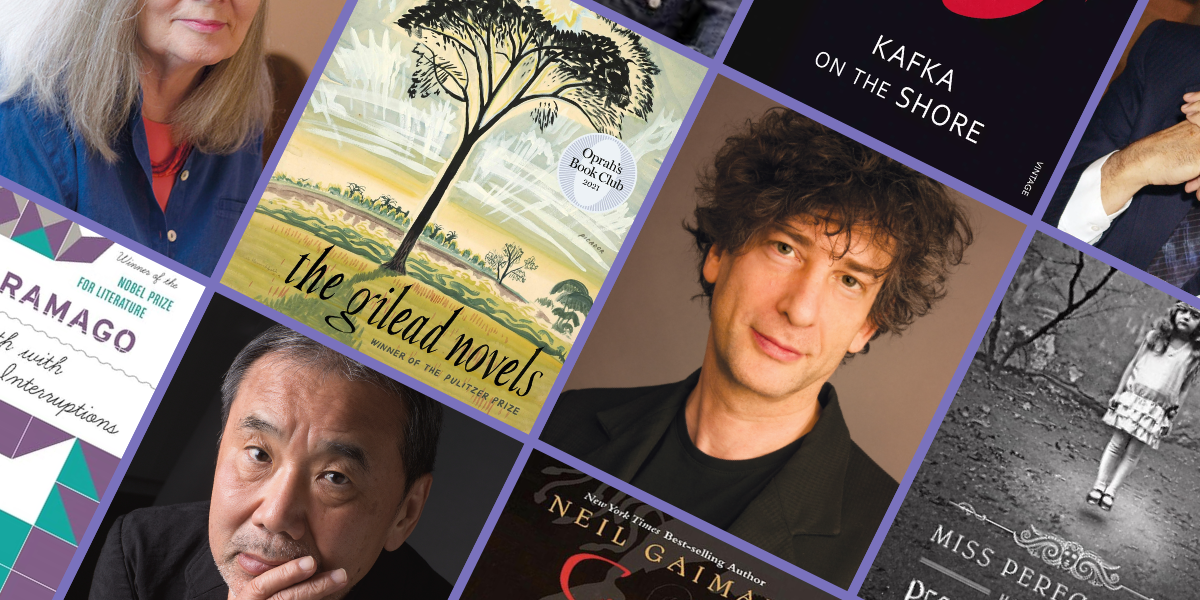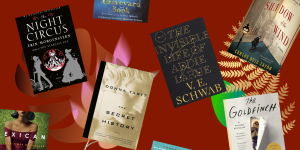Are you tired of endlessly scrolling through social media? Do you long for something more substantial than memes and hot takes to help you navigate the complexities of social issues?
Don’t worry, reader, because books are here to help. There are books available that can enlighten, inspire, and empower you to positively impact the world. Prepare yourself for a journey of exploration as we delve into some of the best books to read when facing social issues. Don’t forget to bring your reading glasses!
Best Books for Social Issues
Here are the 10 best books to read if you have social issues.
1. The New Jim Crow by Michelle Alexander
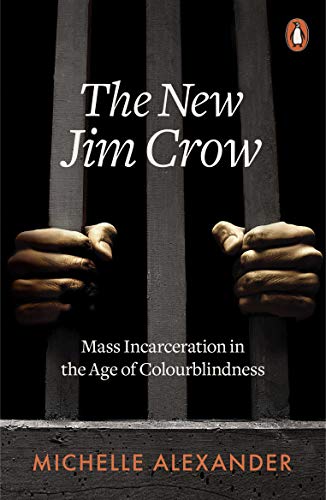
“The New Jim Crow” by Michelle Alexander is a book about how the criminal justice system in the United States unfairly targets and harms Black and brown people. The book argues that mass incarceration has become a new form of racial discrimination, and creates a permanent underclass of second-class citizens. It shows how this system perpetuates racial inequality by limiting access to employment, housing, and other basic rights for those with criminal records.
Reading “The New Jim Crow” can help someone with social issues understand the impact of systemic racism on the criminal justice system and how it affects individuals and communities. The book can inspire readers to advocate for reform and work towards a more just and equitable society.
2. Evicted by Matthew Desmond
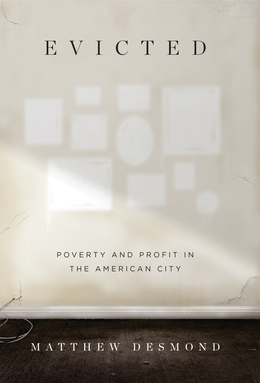
“Evicted” by Matthew Desmond is a non-fiction book that tells the story of eight families struggling to keep a roof over their heads in Milwaukee, Wisconsin. The book shows how evictions are not just a consequence of poverty, but a cause of it, and how they perpetuate a cycle of homelessness and instability.
Desmond, a sociologist, and MacArthur “Genius” grant recipient, spent years living among the families he writes about, and his research reveals the devastating impact that eviction can have on individuals and communities. The book also exposes the exploitative practices of landlords and the inadequacy of government assistance programs for those in need.
Reading “Evicted” can help someone with social issues understand the human cost of poverty and eviction, and the urgent need for affordable housing and social safety nets. The book can inspire readers to advocate for policies that address these issues and support vulnerable communities.
3. The Color of Law by Richard Rothstein

“The Color of Law” by Richard Rothstein is a book that explores the history of racial segregation in the United States, and how government policies and actions contributed to creating and maintaining it.
The book shows how federal, state, and local governments systematically denied African Americans access to good jobs, decent housing, and other opportunities through discriminatory policies such as redlining and exclusionary zoning laws. It also exposes how public housing programs were used to reinforce racial segregation and perpetuate inequality.
Reading “The Color of Law” can help someone with social issues understand the roots of racial segregation and inequality in America, and how government policies have played a role in creating and perpetuating these issues. The book can inspire readers to advocate for policies that promote fair and equitable access to housing, education, and other resources.
4. So You Want to Talk About Race by Ijeoma Oluo

“So You Want to Talk About Race” by Ijeoma Oluo is a book that provides a clear and accessible guide to understanding and talking about issues of race and racism in America.
The book covers a wide range of topics, including police brutality, cultural appropriation, affirmative action, and intersectionality. Through personal anecdotes, research, and practical advice, Oluo helps readers navigate difficult conversations about race, and encourages them to take action to dismantle systemic racism.
Reading “So You Want to Talk About Race” can help someone with social issues learn how to have productive conversations about race and racism, and how to be a better ally to marginalized communities. The book can also inspire readers to take action and advocate for social justice.
5. White Fragility by Robin DiAngelo
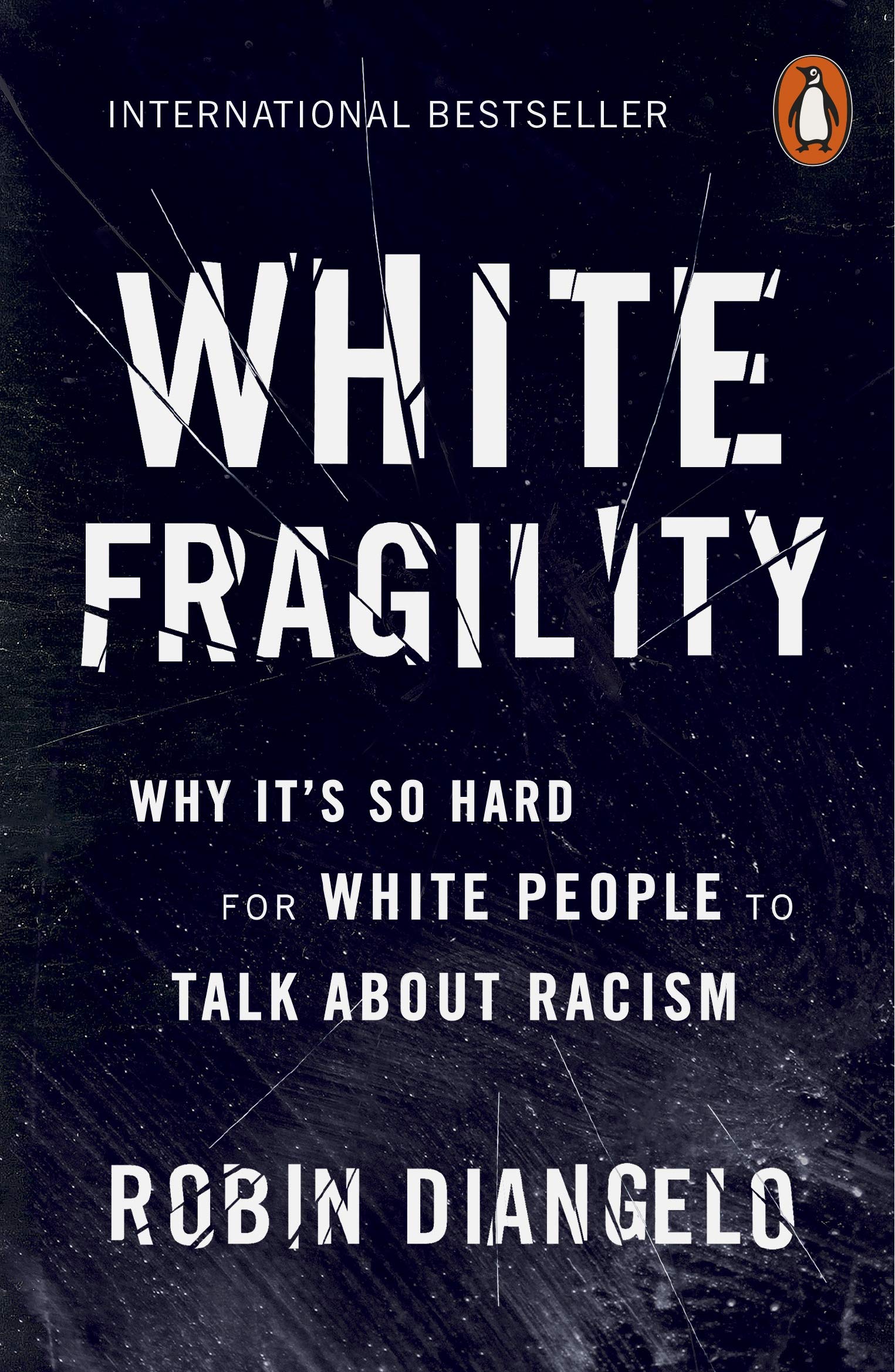
“White Fragility” by Robin DiAngelo is a book that explores the concept of white fragility, which refers to the defensive reactions and emotions that white people often display when confronted with issues of race and racism.
The book examines how white people are socialized to view themselves as racially neutral and how this can lead to resistance when their beliefs or behaviors are challenged. It also explores how this fragility can prevent white people from engaging in productive conversations about race and from recognizing their own role in perpetuating systemic racism.
Reading “White Fragility” can help someone with social issues understand the ways in which white fragility can contribute to maintaining systems of racism and oppression. The book can also provide insights into how to navigate difficult conversations about race and how to become a more effective ally to marginalized communities.
6. The Immortal Life of Henrietta Lacks by Rebecca Skloot

“The Immortal Life of Henrietta Lacks” by Rebecca Skloot is a non-fiction book that tells the story of Henrietta Lacks, an African American woman whose cancer cells were taken without her consent in 1951 and used to create the first immortal human cell line. The book explores the scientific, ethical, and social implications of this groundbreaking discovery.
The book also delves into the history of medical experimentation on African Americans, and how the exploitation of Henrietta’s cells reflects broader issues of medical ethics and racial inequality.
Reading “The Immortal Life of Henrietta Lacks” can help someone with social issues understand the history of medical exploitation of marginalized communities, and how scientific advancements have often been made at the expense of vulnerable individuals. The book can inspire readers to advocate for informed consent and ethical medical practices.
7. Between the World and Me by Ta-Nehisi Coates

“Between the World and Me” by Ta-Nehisi Coates is a book written in the form of a letter to the author’s teenage son, exploring what it means to be a Black man in America.
The book covers topics such as police brutality, the legacy of slavery, and the ongoing struggle for racial justice. Coates describes his personal experiences with racism and reflects on the ways in which American society perpetuates systems of inequality.
Reading “Between the World and Me” can help someone with social issues gain a deeper understanding of the experiences of Black people in America and the ways in which systemic racism affects their lives. The book can also inspire readers to take action to fight against racial injustice and to work towards creating a more equitable society.
8. The Body Keeps the Score by Bessel van der Kolk

“The Body Keeps the Score” by Bessel van der Kolk is a book that explores the long-term effects of trauma on the human body and mind.
The book examines how trauma can change the way the brain and body function, leading to conditions such as post-traumatic stress disorder (PTSD), anxiety, and depression. It also covers different methods of treating trauma, such as cognitive-behavioral therapy and mindfulness-based interventions.
Reading “The Body Keeps the Score” can be beneficial for someone with social issues because it can help them understand the impact of trauma on individuals and communities, and the importance of addressing trauma in order to promote healing and well-being. The book can also provide insights into how trauma can manifest in physical and emotional symptoms, and how to support those who have experienced trauma.
9. Hillbilly Elegy by J.D. Vance

“Hillbilly Elegy” by J.D. Vance is a memoir that explores the author’s experiences growing up in a poor, white, working-class family in Appalachia, and the challenges he faced in escaping the cycle of poverty and dysfunction.
The book examines issues such as poverty, drug addiction, and the decline of the American working class, and how they affect individuals and families. Vance also reflects on the cultural values and beliefs of the Appalachian community and how they shape people’s perceptions and behaviors.
Reading “Hillbilly Elegy” can be beneficial for someone with social issues because it can help them understand the experiences and perspectives of people from working-class and impoverished communities and the impact of economic and social factors on their lives. The book can also provide insights into the cultural divide in America and the challenges of achieving upward mobility in a society marked by inequality and social fragmentation.
10. The Social Animal by David Brooks

“The Social Animal” by David Brooks is a book that explores the latest research in social psychology, neuroscience, and sociology to explain how human beings interact with each other and form social relationships.
The book follows the lives of two fictional characters and uses their experiences to illustrate how factors such as genetics, upbringing, and social context influence people’s behavior and decision-making. Brooks argues that understanding the social and emotional aspects of human behavior is essential to creating a more compassionate and equitable society.
Reading “The Social Animal” can be beneficial for someone with social issues because it provides insights into the complex social dynamics that shape individuals and communities. The book can also help readers develop empathy and understanding toward others by highlighting the many different factors that contribute to people’s thoughts and actions. Finally, the book can inspire readers to think more deeply about the ways in which society can be transformed by addressing the social and emotional needs of its citizens.
